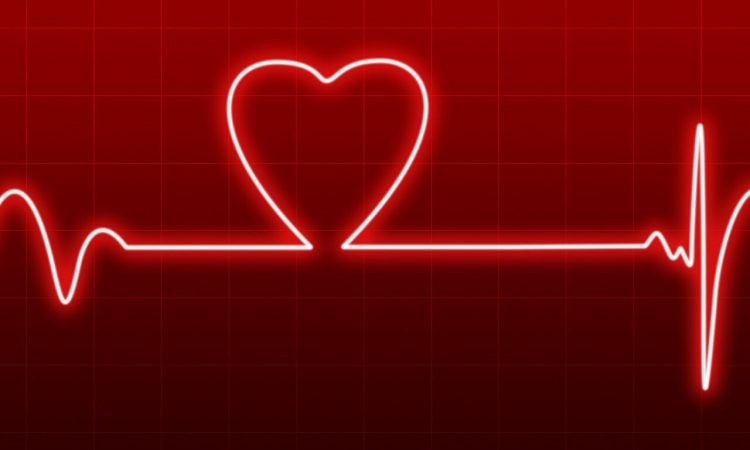
A recent study by academics at Royal Holloway, published in Cognition, shows how our hearts influence the extent to which we are suggestible to other people’s opinions.
The study, led by Dr. Mariana von Mohr and Professor Manos Tsakiris from the Department of Psychology, investigated how signals from our heart to our brain influence how much we stick to our own judgment or decide to follow others.
The heart and the brain are in constant communication, and on each heartbeat the brain receives information about the state of the body, such as how calm or aroused it is.
The researchers used these insights to investigate whether evaluating an event during a heartbeat could make someone doubt their own opinion and follow others’ opinions instead.
Across two experiments, participants were shown photographs of faces either during the phase in which the heart contracts and sends signals to the brain (the systolic phase of the cardiac cycle) or between contractions (the diastolic phase), when the heart relaxes and sends minimal information to the brain. In each case, they were asked to judge how trustworthy they found the faces to be.
Researchers then measured the extent to which participants changed their minds following the social feedback that they received. In the first experiment, participants were informed about what many other online users thought about that face, and in the second experiment, they had a discussion with another participant. Following the social feedback, participants were asked to indicate once more how trustworthy they found the face to be.
Across both experiments, people changed their minds more when the faces were presented during the contraction of the heart than when the faces were presented between heartbeats. In other words, participants were more influenced by other people’s opinions when the faces were presented during the actual beating of the heart, when the brain was receiving information about the state of the body.
Dr. Mariana von Mohr from the Department of Psychology at Royal Holloway, said, “We know that the first few hundred milliseconds of perceiving a face determine our first impressions, and our findings show that this first impression then becomes more or less susceptible to other people’s opinions depending on when during the cardiac cycle people first saw this face.”
The findings of this study help us to understand how social influences on our decision making can depend on the signals conveyed by the body to the brain via the heart. The results may have important implications given the role of social decision-making in our everyday life, which can range from mundane choices (e.g., what movie to watch) to important ones (e.g., who to vote for in the next election).
Professor Manos Tsakiris, from the Department of Psychology at Royal Holloway, added, “Even though we normally perceive events that typically last longer than a single heartbeat, our research, as well as that of other labs, shows that the precise point in the cardiac cycle at which events are first perceived, can have far-reaching consequences on how our brain processes information.”
“These findings highlight how signals from our bodies, in this case the heart, shape our gut feelings and our decision-making in social settings.”
More information:
Mariana von Mohr et al, Social interoception: Perceiving events during cardiac afferent activity makes people more suggestible to other people’s influence, Cognition (2023). DOI: 10.1016/j.cognition.2023.105502
Journal information:
Cognition
Source: Read Full Article
